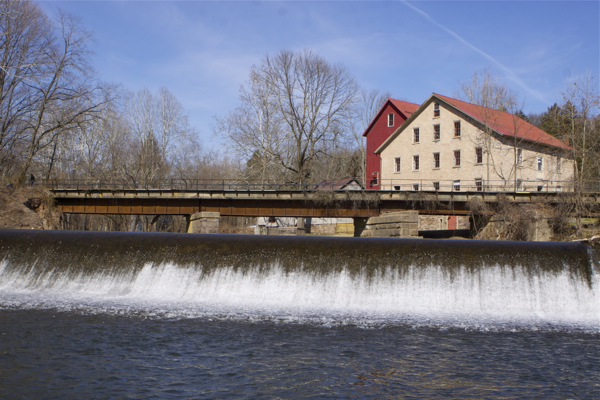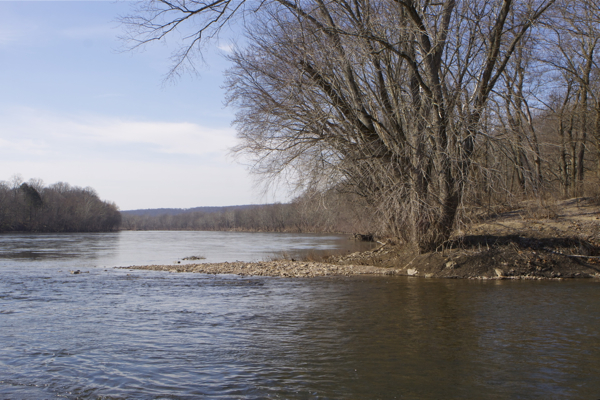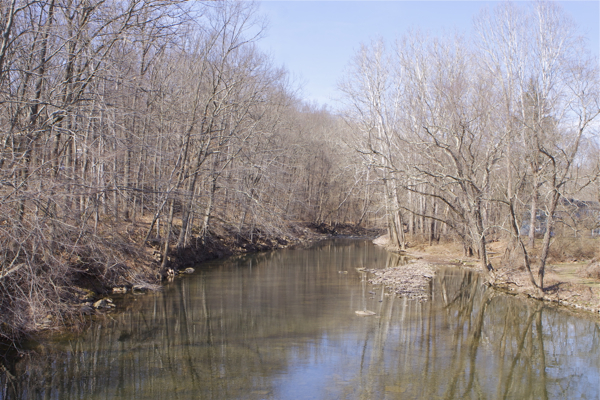Bulls Island Being Blitzed By DEP
Solid Waste Disposal – No Effort to Comply With Environmental Requirements
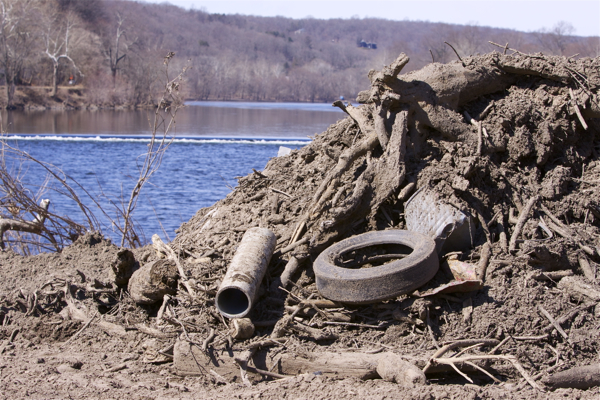
solid waste in fill along Delaware River at Bulls Island SP project
[Breaking 3/15 1:55 pm – Well, we have a response! DEP announces closure of Bulls Island campground. Per DEP press release:
The Department of Environmental Protection’s Division of Parks and Forestry has decided to permanently close the upper river campground at Bull’s Island Recreational Area along the Delaware River in Hunterdon County. The division will remove weakened trees in restoring the campground to a natural state.
Although I agree with DEP on the campground closure (but probably not the tree removal), wouldn’t it make more sense to seek public input on these kinds of parks management decisions BEFORE issuing them as edicts?
I mean, we are talking about public parks! And that still does not excuse the lack of soil erosion, sediment control and riparian mismanagement.
Update: 3/15/12 – After 5 days and no reply from DEP, I figured I’d remind Commissioner Martin about his “customer service metrics”:
Commissioner –Any progress in responding to my inquiry on Bulls Island? Have you pulled the contracts and permits and found out what’s going on there yet?
I know you stress “customer service” and have fought hard to change the culture at DEP to make it more responsive, so I do look forward to a response.
BTW, Â the article below ran in the Hunterdon County Democrat, provided just in case the DEP news clipping service missed it: What’s with this? Dumping at Bulls Island State Park in Kingwood
Yours truly, one tough customer,
Bill Wolfe – end update
Perhaps you’ve heard of the DEP press stunts: last October DEP held the “Barnegat Bay Blitz“, and now this week, the “Delaware Blitz – Dash for the Trash”:
(12/P22) TRENTON – – Volunteers from a host of organizations such as scout troops, schools, businesses, and environmental and nonprofit groups, as well as local residents will fan out across portions of the Delaware River and Bay from Sussex to Cape May counties on March 10-18 to clean up litter and debris as part of the first-ever Dash for the Trash.
Well, some of those Dashing volunteers should join DEP Managers at Bulls Island State Park to clean up the mess that DEP just made along the Delaware River.
Perhaps DEP enforcement and Hunterdon County Soil Conservation Service staff can join them too and issue Commissioner Martin the well deserved enforcement violation notices for:
- solid waste disposal;
- stream encroachment and wetlands fills;
- soil erosion and sediment control requirements;
- water quality violations
There was not even an attempt to prevent harms and comply with environmental regulations.
If a small developer did that, he’d be hammered by DEP enforcement.
What looked like fill material was being bulldozed along about 400 feet of the floodplain. It was full of solid waste: tires, metal, bottles and cans, chunks of steel and construction debris, wood, and PVC pipe.
If that was imported fill, the generator (source) of that fill was so bold as to illegally commingle highly visible solid waste, then there is a good possibility that invisible stuff, like chemical and asbestos contamination is there as well.
So, DEP needs to sample that soil for contamination and take enforcement action against the contractor, the hauler who transported it to the site, and the generator/source of the fill material (if it was imported).
If the soil was not imported, at least DEP could clean it up, not bury it!
There was no soil erosion and sediment controls (silt fence, hay bails, drainage controls, etc), and there was bulldozing of soil and solid waste directly into the river.

are blue marked numbered trees to remain or be cut?
And after the enforcement actions are taken and the site restored, maybe someone can explain what looks to be the pending slaughter of scores of spectacular sycamore trees.
I saw scores of old trees marked for destruction, likely in response to last year’s tragic death, where an old sycamore fell on the tent of a camping family.
It seems like DEP lawyers – concerned solely about liability – have written the Park restoration plan, not foresters and park planners.
I am a camper myself and am aware of the fact that there are far too few camp sites at NJ State Parks.
Nonetheless, given the remarkable grove of old trees covering Bulls Island, I’d prefer to close the park to camping rather than lose the trees so that campers can be safe.
Let’s see what DEP Commissioner Martin has to say.
Dear Commissioner Martin:
I took a walk at Bulls Island State Park this morning, and was shocked and appalled at what I saw.
There were numerous violations of DEP solid waste, stream encroachment, and water quality regulations, and Soil Erosion and Sediment Control requirements along the Delaware River and D&R Canal (see photo’s below).
Additionally, it appears the numerous magnificent old trees on the island are slated to be cut down.
It is very poor park and environmental management to sacrifice these special trees in order to reduce risks for a handful of campers for a few days of the year.
It would be preferable to save the trees and eliminate camping from the Island.
The illegal fill and construction practices are appalling and must be corrected and land restored.
Given the visible illegal solid waste commingled in the fill material, I strongly urge you to sample this material for contamination and take enforcement actions against all parties involved – from the generator, to the transporter, to the construction contractors.
I urge your immediate attention to this matter.
Sincerely,
Bill Wolfe 609-397-4861
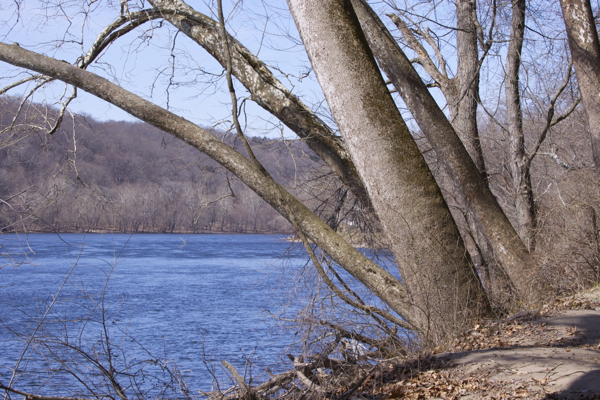
glorious riverfront sycamores slated to be cut down
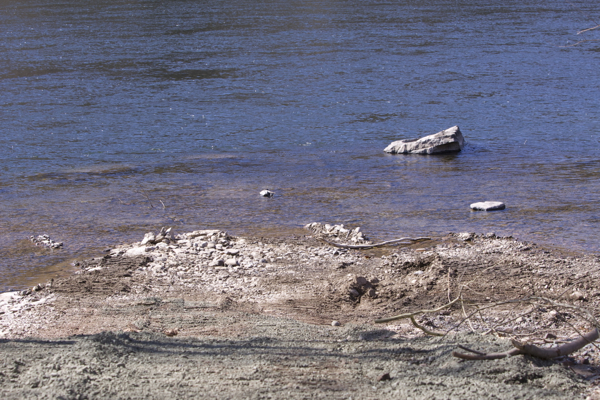
bulldozing soil directly into river
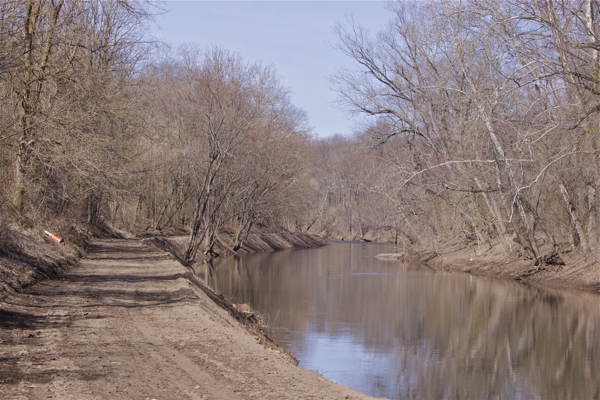
work along D&R Canal - no soil erosion & sediment controls
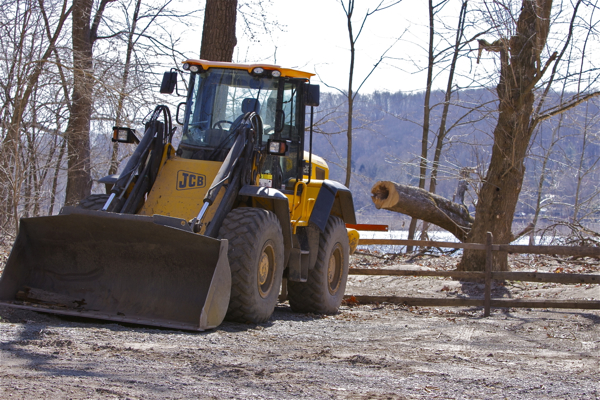
trees down - construction equipment disturbs landscape
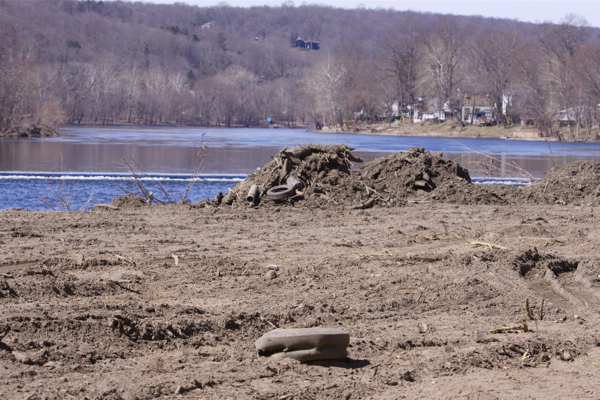
illegal solid waste, violation of stream encroachment and soil erosion and sediment control requirements
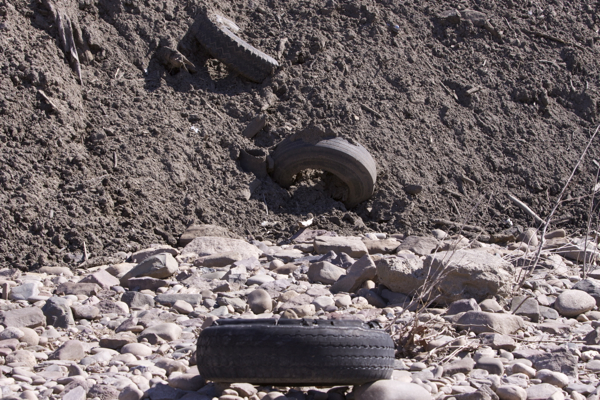
fill loaded with illegal solid waste - tires, metal, wood
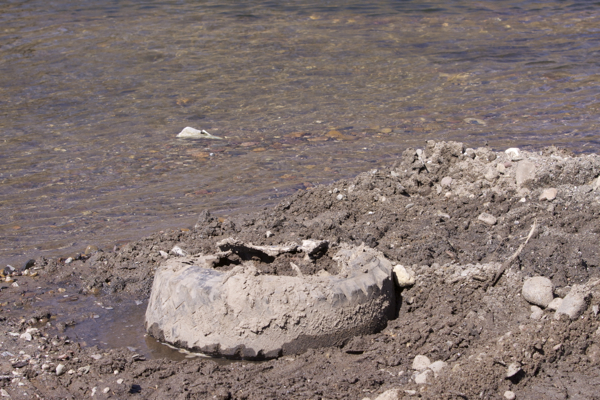
tire bulldozed right into the river
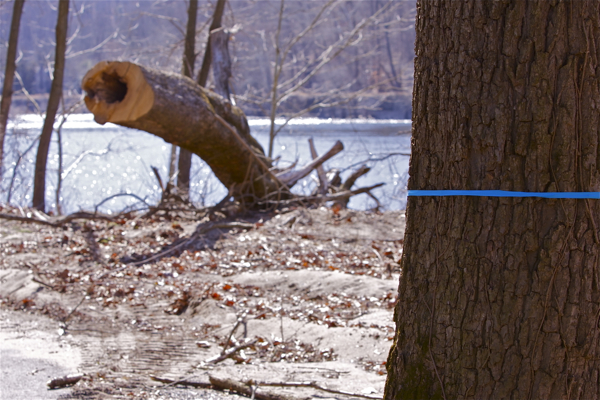
are score of blue marked trees to be cut?
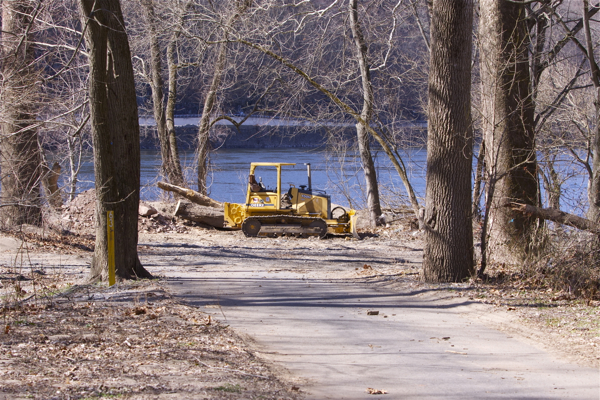
tip of the island - lots of trees down, lots marked in blue, no erosion controls




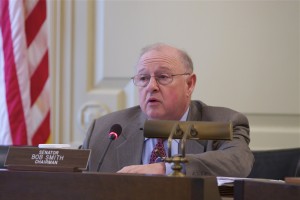

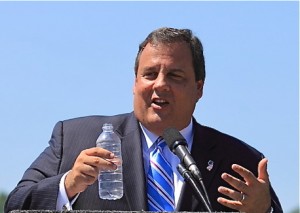 In a decision that I hope prompts engagement across a wide field of abuse of executive power by Governor Christie, a NJ Appellate Court rejected the Governor’s attempt to remake state government.
In a decision that I hope prompts engagement across a wide field of abuse of executive power by Governor Christie, a NJ Appellate Court rejected the Governor’s attempt to remake state government.